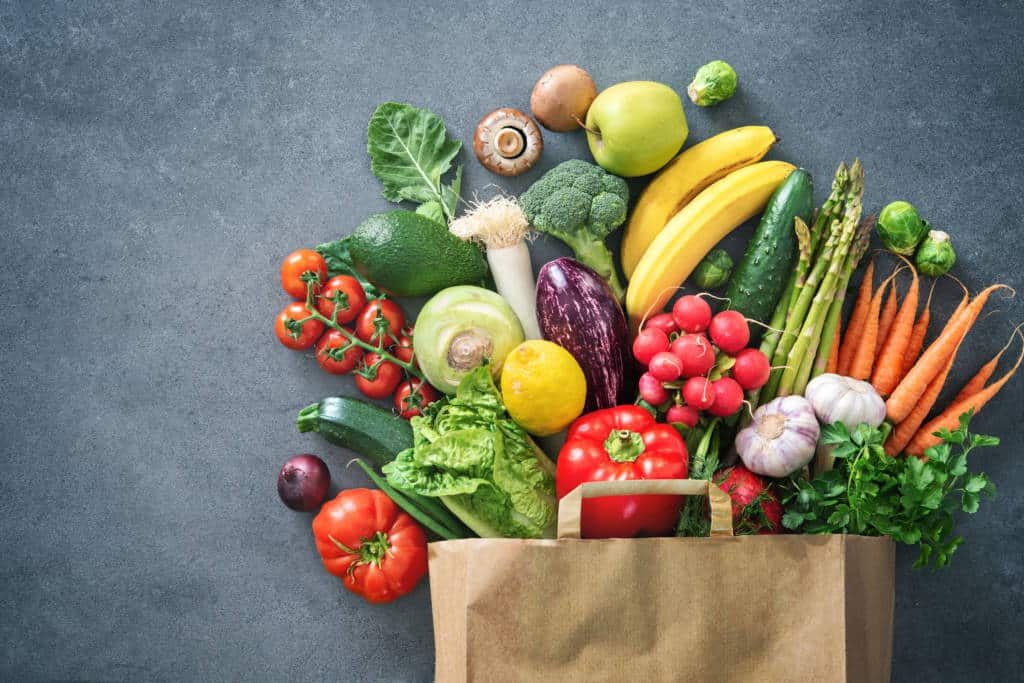The research team used data on food purchases in the United States from the NielsenIQ Homescan dataset to determine how much what a consumer pays for fruit and vegetables varies due to their preferences over quantities and qualities of fruits and vegetables, and how much is due to these fixed costs.
They determined that fresh produce costs 40% more than its unhealthy counterparts. The study revealed that 15% of produce under-consumption is due to high prices, which accounts for the average intake being two-thirds lower than what is recommended. Experts say a possible solution to these price and consumption gaps is subsidies, which would counteract a distorted market created by fixed prices.
"There is something wrong with the market, which is that there's a high fixed cost in the provision of fruits and vegetables," said study author Thijs van Rens, Ph.D. of Economics "The effect of that is that the prices are too high, and consumption too low. What is worse: The effect is stronger when demand is low. And demand happens to be low where people are poor. So this market failure not only makes us all unhealthier, but it increases health inequality as well."
In addition, he said, “We find that if the market were working correctly, consumers would buy 15% more fruit and vegetables than they currently do, which would constitute a huge gain for public health."
According to the research, fixed prices stop the market from distributing a higher number of fruits and vegetables to customers, hurting both consumers and producers. Therefore, reducing the price of produce would create higher fruit and vegetable consumption and align with consumer preference, according to the study. These changes could potentially decrease monumental obesity rates and decrease UK's National Health Service (NHS) spending, the researchers note.
"There is no debate that fruit and vegetable consumption would increase if you subsidize it. The main contribution of our research is to show that the market is already so distorted that this subsidy would benefit every single consumer in the economy,” Dr. van Rens concludes.










